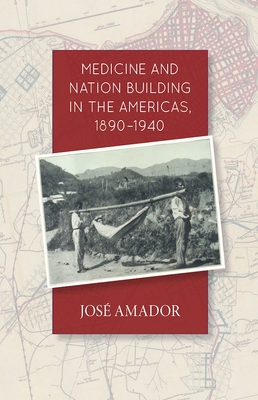Expedite your nonfiction book discovery process with Readara interviews, summaries and recommendations, Broaden your knowledge and gain insights from leading experts and scholars
In-depth, hour-long interviews with notable nonfiction authors, Gain new perspectives and ideas from the writer’s expertise and research, Valuable resource for readers and researchers
Optimize your book discovery process, Four-to eight-page summaries prepared by subject matter experts, Quickly review the book’s central messages and range of content
Books are handpicked covering a wide range of important categories and topics, Selected authors are subject experts, field professionals, or distinguished academics
Our editorial team includes books offering insights, unique views and researched-narratives in categories, Trade shows and book fairs, Book signings and in person author talks,Webinars and online events
Connect with editors and designers,Discover PR & marketing services providers, Source printers and related service providers

Medicine and Nation Building in the Americas, 1890-1940
History > Latin America - General
- Vanderbilt University Press
- Paperback
- 9780826520210
- 9.82 X 7.52 X 0.61 inches
- 1.03 pounds
- History > Latin America - General
- (Single Author) Asian American
- English
Readara.com
Book Description
Drawing on sources in Cuba, Puerto Rico, Brazil, and the United States, Amador shows that initiatives launched in colonial settings laid the foundation for the rise of public health programs in the hemisphere and transformed debates about the formation of national culture. Writers rethought theories of environmental and racial danger, while Cuban reformers invoked the yellow fever campaign to exclude nonwhite immigrants. Puerto Rican peasants flooded hookworm treatment stations, and Brazilian sanitarians embraced regionalist and imperialist ideologies. Together, these groups illustrated that public health campaigns developed in the shadow of empire propelled new conflicts and conversations about achieving modernity and progress in the tropics.
This book is a recipient of the annual Norman L. and Roselea J. Goldberg Prize for the best project in the area of medicine.
Author Bio
José Amador's work examines Latin American history from transnational and interdisciplinary perspectives, but his primary research interests include the cultural history of medicine, the history of racial formation, Caribbean history, and, more recently, transgender studies.
Dr. Amador's first book, Medicine and Nation Building in the Americas, 1890-1940 (Vanderbilt University Press, 2015), argues that the circulation of public health initiatives launched in the colonial periphery were central to the making of modern national culture in Cuba, Puerto Rico, and Brazil. His book was awarded the Norman L. and Roselea J. Goldberg Prize for best project in the area of medicine.
He is also the co-editor of Historia y memoria: sociedad, cultura y vida cotidiana en Cuba (Centro de la Cultura Cubana Juan Marinello, 2003). He has published essays on Puerto Rican Afro-diasporic music and on the founder of the Cuban journal Pensamiento crítico. He is currently working on a manuscript about transgender activism and health rights in Brazil.
Education
PhD, University of Michigan
MA, University of Michigan
BA, University of Puerto Rico, Cayey
Source: Miami University - Department of Global and Intercultural Studies
Videos
No Videos
Community reviews
No Community reviews

